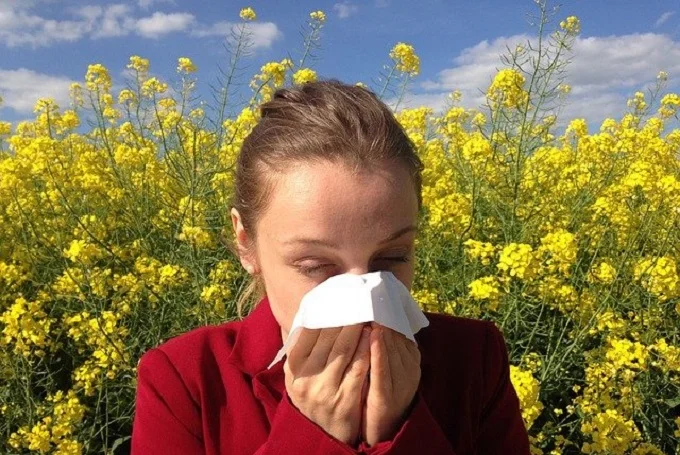Spring and autumn allergies are caused by hypersensitivity to particles, the concentration of which is slightly higher in the air during these two seasons.
The immune system perceives these particles as a threat and releases IgE antibodies containing histamines cells. Histamine is released when allergens irritate the immune system, then cause itching, swelling and congestion in the respiratory area.
In addition to medical preparations prescribed to alleviate allergies, there are natural compounds that can help with this, and most of them you probably already have in your kitchen.
Vitamin C
Vitamin C is known to strengthen the immune system and alleviate the symptoms of allergies because it has anti-inflammatory effects. Some foods rich in vitamin C are oranges, lemons, hot peppers, bell peppers, broccoli, kale, papaya, strawberries, Brussels sprouts, and pineapple.
Quercetin
Quercetin is a flavonoid that has antioxidant activity. Quercetin neutralizes free radicals and has anti-inflammatory effects. Foods such as garlic, onions, apples, and cayenne pepper are excellent sources of quercetin.
Apples and nuts
Several studies have shown that regular consumption of apples can help alleviate allergies, especially in autumn, because this delicious fruit is in season.
Apple peel contains quercetin and powerful antioxidants – polyphenols. Walnuts are a good source of vitamin E and magnesium – magnesium relieves coughing and sneezing, and vitamin E strengthens the immune system.
Apple cider vinegar
Apple cider vinegar has anti-inflammatory effects, and research has shown that long-term consumption of apple cider vinegar strengthens the immune system and helps prevent allergic attacks. The easiest way to consume apple cider vinegar is to add 2 tablespoons of vinegar to a cup of warm water and drink.
